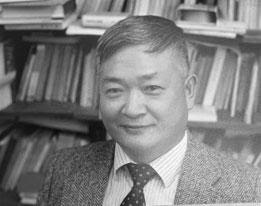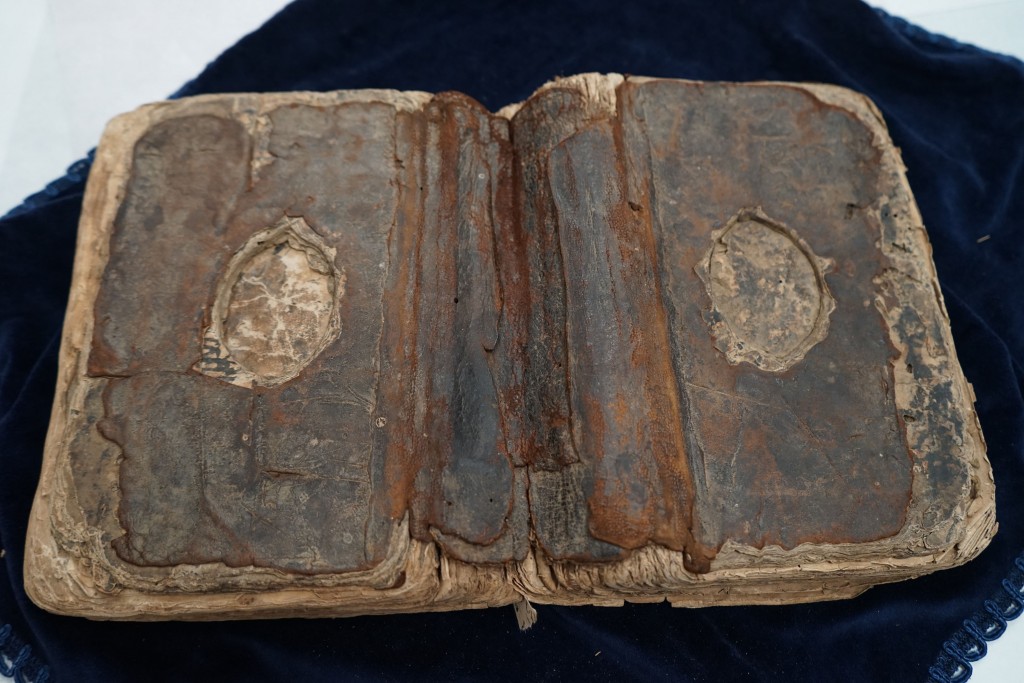Data, information, knowledge, insight, wisdom, and Conspiracy Theory, part 2
From Phillip Remaker:
Read the rest of this entry »
Permalink Comments off
From Phillip Remaker:
Read the rest of this entry »
Permalink Comments off

From the Princeton University Department of East Asian Studies newsletter (3/26/23):
Passing of Emeritus lecturer Hai-t’ao Tang
Emeritus lecturer, Hai-t’ao Tang passed away at his Princeton home on Sunday, March 26, 2023. He was born August 27, 1931, in Shanghai, China and completed his master’s degree in Chinese Literature at National Taiwan University. He joined the East Asian Studies Department as a Lecturer in Chinese language in 1974 and taught for 22 years, becoming Lecturer Emeritus in 1996.
Hai-t’ao Tang was recruited to teach at Princeton by Professors Frederick (Fritz) Mote and Ta-tuan (T.T.) Ch’en. Throughout his career he devoted his energy and intellect to teaching Chinese as a living language and encouraged each learner to adopt Chinese as one’s own language and nurture it to live and grow inside oneself. Hai -t'ao Tang co-authored nearly a dozen books including Classical Chinese — A Basic Reader and Readings in Classical Chinese Poetry and Prose.
He is survived by his wife Nai-Ying Yuan Tang who also spent her career in the Department of East Asian Studies as Chinese Language Lecturer.
Read the rest of this entry »
Source: China Media Project (12/7/2022)
THE CMP DICTIONARY: Socialite 媛
By XINYU DENG
Once signifying graceful women of a distinguished background, the term “socialite,” or yuan (媛), has in recent years become a misogynistic umbrella term used on digital platforms in China to disparage women who advertise fancy lifestyles. The term has also been used by state-run media to roundly criticize perceived materialistic excesses, reinforcing their unfair association with femininity.
The Chinese word yuàn (媛) has traditionally referred to the “virtuous and comely woman” as mentioned in the Shuowen Jiezi (说文解字), a Chinese dictionary compiled in the Han dynasty. Since 2020, however, the word has rapidly evolved — or perhaps devolved — into a catchall word used on the Chinese internet, and also in state media, to denigrate modern-day beauties as disgraceful and degenerate.
Read the rest of this entry »
Sino-Platonic Papers is pleased to announce the publication of its three-hundred-and-thirty-second issue:
“The Sutradhar and the Ringgit: A Study of Terms Related to the Early Puppet Theatres,” by Keith Rawlings.
ABSTRACT
Certain words in Sanskrit, Old Javanese, and Ancient Greek that appear in centuries-old texts are thought by many scholars to be early references to puppetry, leading to certain theories about the history of that art. These particular words from antiquity and the Middle Ages and their interpretations and translations underpin currently received views about the antiquity of puppetry. This paper discusses the history of the related scholarship, examines varying interpretations of the words, and suggests other possible meanings, leading to questions about their interpretation. I hope to show that, because words in earlier eras of a language may have different interpretations from those accepted later, texts and the scholarship that relies on them should be re-examined in the light of current knowledge.
Read the rest of this entry »
新时代祥瑞层出不穷 pic.twitter.com/bVm5Vn4XC4
— 方舟子 (@fangshimin) April 9, 2023
Read the rest of this entry »
Article in Taiwan News (4/9/23):
National Taiwan Library repairs 500-year-old Quran
'Book Hospital' tasked with repairing ancient Quran damaged by time, elements
By Sean Scanlan

500-year-old Quran being repaired (CNA photo)
Read the rest of this entry »
Sino-Platonic Papers is pleased to announce the publication of its three-hundred-and-thirty-first issue:
Bettina Zeisler, “Combinatory Sound Alternations in Proto-, Pre-, and Real Tibetan: The Case of the Word Family *Mra(o) ‘Speak,’ ‘Speaker,’ ‘Human,’ ‘Lord’” (free pdf), Sino-Platonic Papers, 331 (March, 2023), 1-165.
Among many other terms, discusses the Eurasian word for "horse" often mentioned on Language Log (see "Selected readings" below for examples). Gets into IIr and (P)IE.
ABSTRACT
At least four sound alternations apply in Tibetan and its predecessor(s): regressive metathesis, alternation between nasals and oral stops, jotization, and vowel alternations. All except the first are attested widely among the Tibeto-Burman languages, without there being sound laws in the strict sense. This is a threat for any reconstruction of the proto-language. The first sound alternation also shows that reconstructions based on the complex Tibetan syllable structure are misleading, as this complexity is of only a secondary nature. In combination, the four sound alternations may yield large word families. A particular case is the word family centering on the words for speaking and human beings. It will be argued that these words ultimately go back to a loan from Eastern Iranian.
Read the rest of this entry »
"Majority supports adding English requirement for applicants for Singapore citizenship: poll"
Pinyin News (4/6/23)
The opposition leader of Singapore, Pritam Singh, said in late February that he supported adding an English test to the requirements for applications for citizenship or permanent residency in Singapore. A recent poll of five hundred Singapore-born citizens found strong popular support for that position.
Proportionately, most of those opposing an English-language requirement were of Chinese descent. But even among that group, supporters of the requirement outnumbered those opposed by roughly 3:1.
Next up, English for Taiwan — unless Xi Jinping does something dramatic to halt the momentum.
Read the rest of this entry »
Something very funny happened to me earlier today, funny enough that I would like to share it with all Language Log readers who may be desirous of something more than a cup of coffee to perk them up on a gray, midweek morning.
I entered the following Mandarin expression into Google Translate and wanted to hear it pronounced by the machine: 衷心感謝 ("heartfelt thanks"). So I clicked on the speaker button, but, by mistake, I had it set to English rather than to Chinese. What I heard was Mandarin with an English accent!
When set to Chinese, the machine pronounces 衷心感謝 properly and precisely: zhōngxīn gǎnxiè. When set erroneously to English, it sounds like an American reading out romanized Mandarin, with the "correct" suprasegmental intonation and all, but, of course, paying absolutely no attention to lexical tones. Amazingly, it's still understandable, which replicates the experiments my wife used to make by going up to strangers on American streets and asking them to read pinyin Mandarin to native speakers. She was always triumphant when the native speakers could understand most of what the English speakers were reading.
I had the machine read 衷心感謝 in French, Spanish, Italian, German, and other languages, and they all had their own special "flavor".
Read the rest of this entry »